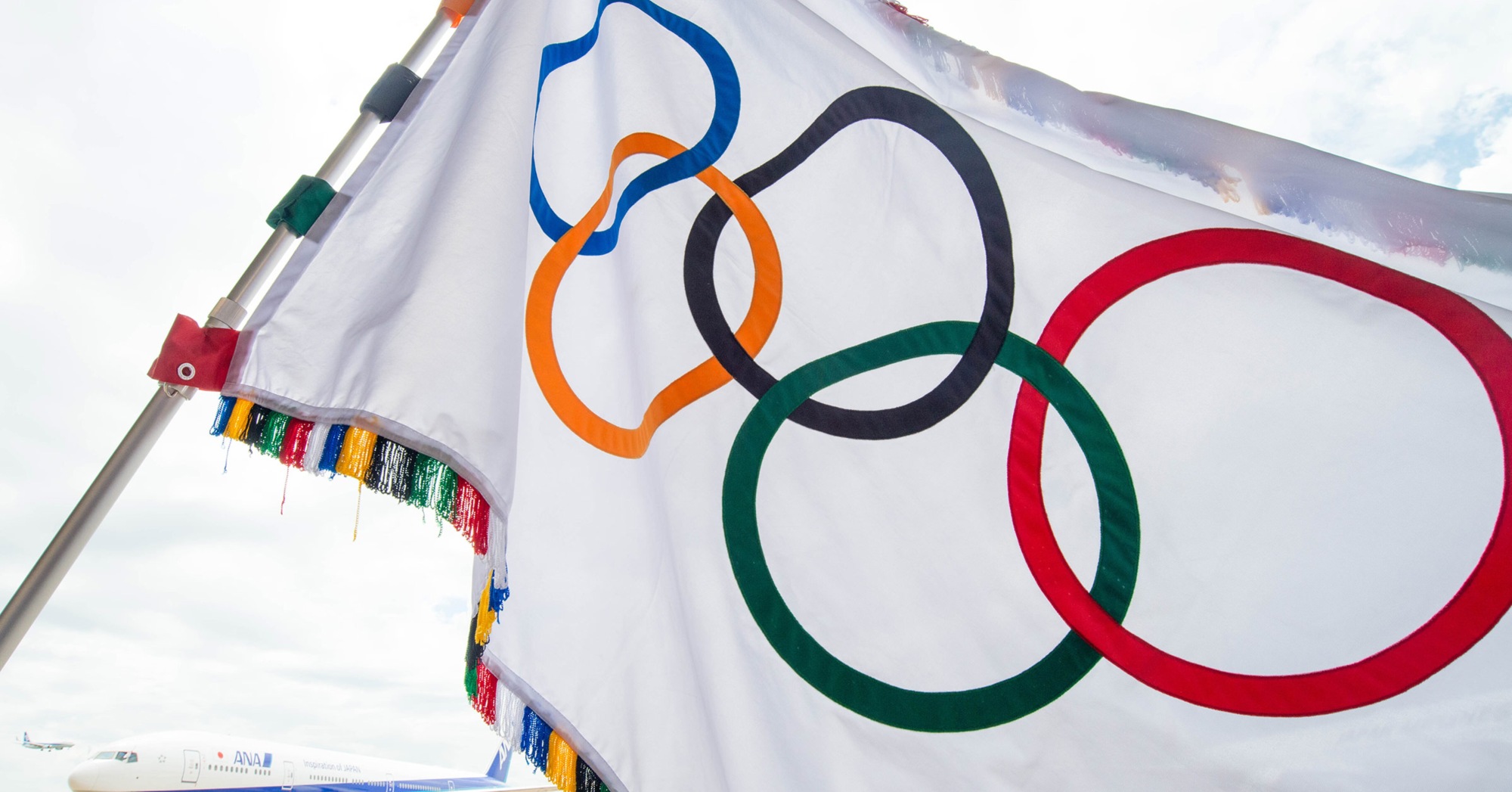Fill Me In
The International Olympic Committee (IOC) and local organisers are looking to simplify the postponed Tokyo Olympics in a bid to save money.
The proposed cuts include about 50 changes to fringe areas, leaving the number of athletes and all sports events untouched for the delayed Tokyo Olympics that will take place in July next year. Other events not affected by the changes also include the opening and closing ceremonies, the sponsored 121-day torch relay, and competition areas seen on television broadcasts.
Tokyo Olympics is most expensive Olympics
One study has already found that the Tokyo Olympics is the most expensive Summer Olympics on record, but organisers are hoping to slash costs further. The IOC has already cut several billion dollars in costs before the Olympics were postponed because of the COVID-19 pandemic. This includes moving events to existing venues rather than building new facilities.
However, most of the big-ticket spending has already taken place, such as the US$1.43 billion national stadium and the US$520 million swimming venue.
Christopher Dubi, the IOC executive director for the Olympic Games, said that they are looking at many measures that add up to “significant savings” but will continue to search for more areas to cut spending.
Estimates in Japan have put the IOC at having spent 1 to 2 per cent over the official budget of US$12.6 billion. However, a government audit last year said the real cost of the Olympics might be twice that much.
The costs for the Olympics come mainly from public money, with the exception of US$5.6 billion from a privately financed local operating budget. About 60 per cent of the latter (US$3.3 billion) is made of payments from 68 domestic sponsors.
Uncertainty from sponsors
The COVID-19 pandemic and poor economy, however, have impacted the actual number of sponsors when the Olympics had to be delayed by a year. Organising committee CEO Toshiro Muto said last month that some sponsors have backed out due to the recession and the uncertainty of the Olympics really happening.
Yoshiro Mori, the president of the organising committee, is also looking for ways to make up for lost income, such as increasing donations, and finding means to keep sponsors on board. The IOC and local organisers have talked confidently in the past months, but have yet to announce anything.
Mori said that some sponsors were hoping for more cuts, while others are satisfied with the modest savings. “It’s like a glass half-filled, or half-empty,” he said. “We wanted to save, but there were so many things that have already been determined.”
Spectators still expected at Tokyo Olympics
Among other updates from the IOC is the confirmation that the Tokyo Olympic organisers are expecting to welcome international spectators at next year’s Games despite the COVID-19 pandemic.
The news comes from International Olympic Committee (IOC) president Thomas Bach, who told reporters that “[they are] working on the basis of course there will be international spectators [at next year’s Games]”.
While he’s uncertain that stadiums will be able to be filled to full capacity in the wake of the pandemic, he says that the resumption of some Japanese sports leagues should be a positive sign that the Games would be able to have that same fan support next year.
Sports fans from all over the world usually book event tickets many months or years in advance, but most reservations have been cancelled due to the postponement of the Games. The IOC will have a clearer picture of the interest in the Games and how best to accommodate fans in conjunction with safety measures by the end of 2020.
Editor’s note: this article was first published on 7 October 2020 and has been updated for accuracy and comprehensiveness.



























